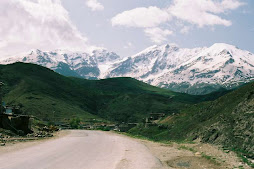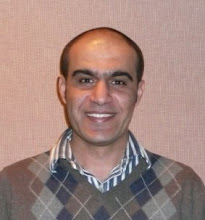Now the elections in Kurdistan are over, it is time to sit down and think about what happened and identify the lessons learned. Understanding the political situation in Kurdistan has important health policy implications.
Kurdistan is now going through its second wave of democratization. The first wave started with freeing Kurdistan in the aftermath of first gulf war through the upraising of the Kurdish people in 1991. This stage of Kurdish politics has resulted over the last 18 years in an authoritarian democracy. The two main political parties that were crucial in creating and maintaining this first stage of Democratic development, the KDP and PDK, were neither internally democratic nor externally accountable. The failure to introduce a host of notions like accountability, transparecy and the rule of law has crippled the government with corruption, inefficiency and patronage. The unwillingness and fear of the KDP and PUK to test their popularity and a host of mutual narrow interest led to giving a fatal blow to the prospect of democratic development in Kurdistan by entering into a strategic agreement to assign the governmental positions between the two.
A host of political, social and economic factors had delayed the progress of Kurdish society from the authoritarian democracy of the first wave to a liberal democracy of the second wave. At the social levels, the people of Kurdistan are still far away from the individualism necessary to establish, support and sustain any liberal democracy. A quick look at the political campaigning period of the elections demonstrates the fact that most of the people that were talking on TV or Radio were refereeing to their tribes or families and talking on their behalf to express their support to this political party or that. It was a rare incidence to see a person talking on his own behalf.
In this first wave of democratization, tribes, families and other traditional social groups were and are still more important than individual members of those gatherings. However, the most prominent individual person in those groups and tribes is more important than the sum of the individuals in them.
This replacement of the importance and position of individuals with tribes have been transferred to the political arena. The political institutions, specifically the political parties, became more important than the individual members of those parties and political bodies, except for the prominent leaders of the party. The fact that Mr. Barzani won about 70% of the votes in the Presidential elections of Kurdistan while his list won about 10% less than the votes he won, is a proof that the most prominent person in a political institution is more important than the latter.
Without a respected individualism which is protected by political institutions, it is very hard for democracy in Kurdistan to progress from its authoritarian stage to a more liberal, accountable and transparent way of governance that respects the rule of law. Politically, the ascent of the change list to a competitive position in the parliament of Kurdistan can hopefully provide a push toward the second wave of democratization. But getting a little less than 40% of the seats of the Parliament by the apposition, can make the labor of a liberal democracy in Kurdistan a painful process. Lets cross our fingers and hope that the political calculus would not result in a stalemate and even more political stagnation.
Thursday, July 30, 2009
Subscribe to:
Post Comments (Atom)












No comments:
Post a Comment